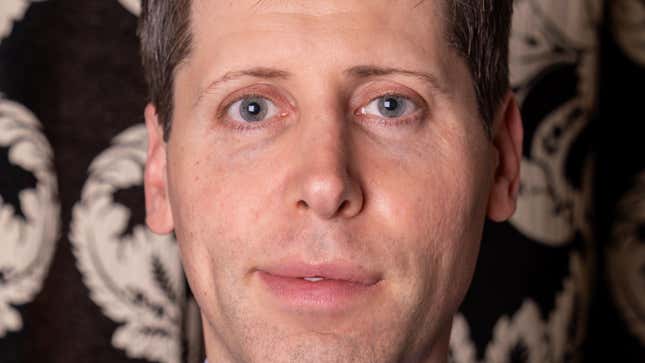
If you’re behind on what’s happening with the robot uprising, have no fear. Here’s a quick look at some of the weirdest and wildest artificial intelligence news from the past week. And be sure to check out our weekly newsletter on the biggest developments in AI.
Yes, in the course of a week, Sam Altman was fired by OpenAI, hired by Microsoft, and re-hired by OpenAI. It was one of the strangest things that’s ever happened in Silicon Valley and one might assume it was all a bunch of sound and fury, signifying nothing. But the events of the last few days have totally changed the landscape of artificial intelligence. There’s still so much we don’t know about exactly what happened and there was other big AI news that was completely overshadowed by Altman’s antics.
This week, the folks working in AI really started believing their own bullshit and in some cases, they immediately suffered the consequences of hubris.
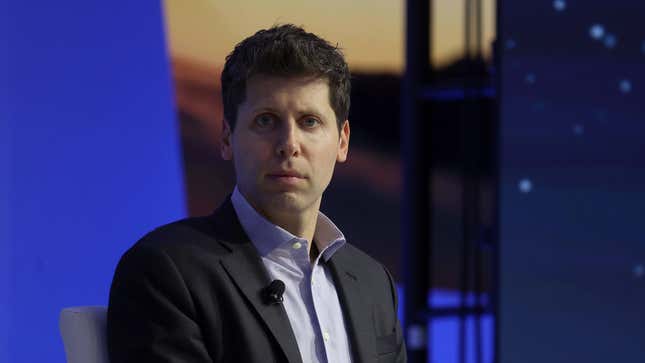
Late last Friday, the most hyped-up hype-man in tech was unceremoniously fired by four of the six board members who controlled the company.
In a press release, the remaining board members at OpenAI said that Sam Altman would no longer be part of the company that he founded and ran as CEO. “Mr. Altman’s departure follows a deliberative review process by the board, which concluded that he was not consistently candid in his communications with the board, hindering its ability to exercise its responsibilities,” the board wrote. “The board no longer has confidence in his ability to continue leading OpenAI.”
It was the fact that the board took the unusual step of hinting at some sort of vague misconduct by Altman that sent the press and public into a frenzy.

Almost as soon as Altman was fired, Greg Brockman resigned. Brockman was a co-founder, president, and chairman of the board at OpenAI. It soon became clear that there was a schism among the board’s six members and most reports found that the anti-Altman faction was led by the company’s Chief Scientist, Ilya Sutskever. Sutskever had reportedly been disturbed by a technological breakthrough the company had achieved.
Rumors started circulating that OpenAI employees and investors (especially Microsoft) weren’t happy with Altman’s ouster and negotiations had begun to bring him back as CEO.
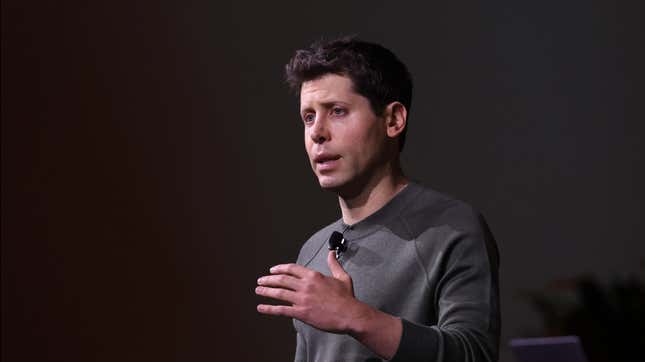
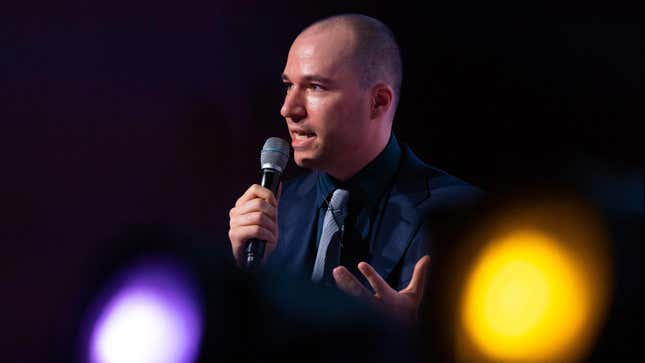
Even though its future was still completely uncertain, OpenAI continued shipping products…sort of. Remarkably, Brockman announced the launch of ChatGPT Voice for all free users as if he were still an executive at the company and just a father who is proud of his children’s accomplishments. Users flocked to ChatGPT and it was quickly overwhelmed by the traffic.

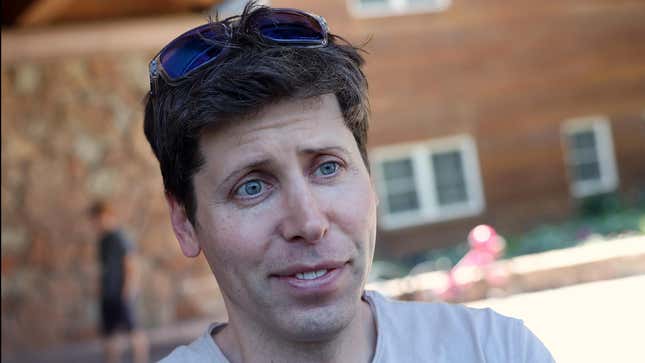
On Wednesday, Altman and Brockman returned to OpenAI as conquering heroes. Quora CEO Adam D’Angelo would be the only board member to stay in order to maintain some continuity.
OpenAI’s board of directors now features Larry Summers, a former US Treasury Secretary and board member at Jack Dorsey’s Block, as well as Bret Taylor, the co-creator of Google Maps who has had tenures at Facebook and Salesforce and served on boards at Spotify and Twitter. The new team undoubtedly represents Altman’s interests in advancing OpenAI’s economic interests and fighting policy in Washington.
While it may seem like the dust has settled, we still don’t know why Altman was fired in the first place and that question is not going away.
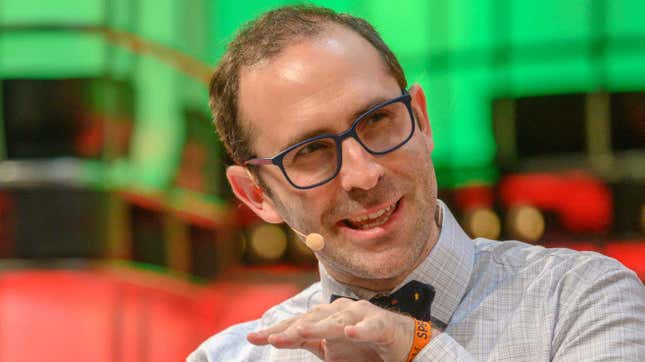
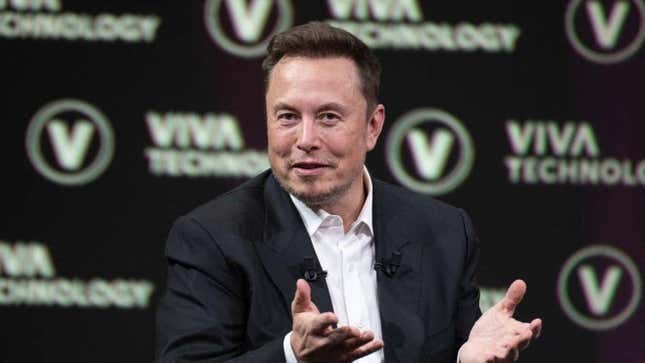
Elon Musk was probably a bit relieved to find that Sam Altman was taking all the attention this week. The X/Twitter owner has been going through a rough patch after he agreed with an antisemitic post on his platform and lost a lot of advertisers. But Musk can only stand being out of the spotlight for so long and on Tuesday he shared an anonymous letter that was allegedly written by former OpenAI employees. The letter criticizes Altman’s leadership and alleges wrongdoing on many levels. It also asserts that Altman is driven by a seething grudge he holds against Musk who helped get OpenAI off the ground before stepping away in 2018.
Here’s your reminder that more than one AI company exists. On Tuesday, Stability AI introduced its first foundation model for generative video. Basically, it hopes to make generating videos based on text prompts as simple as it is to create still images with Dall-E and Midjourney. For now, it’s limited to a preview for researchers but it seems impressive.
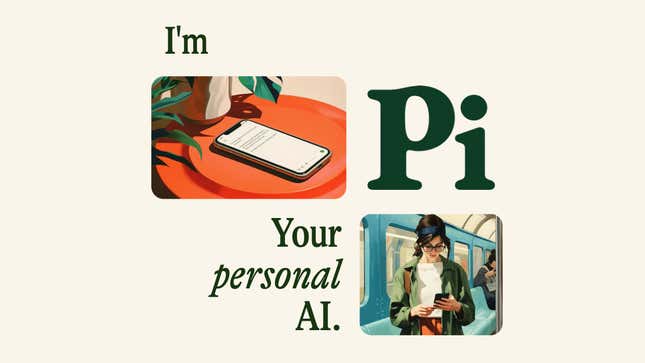
Another OpenAI rival also launched a new model this week. Inflection AI, says “Inflection-2″ will make its Pi chatbot the best-performing product of its size and it’s only rivaled by OpenAI’s GPT-4. Inflection’s CEO Mustafa Suleyman came to prominence when he ran Google’s DeepMind and his latest company has flown under the radar a bit.
“Our belief is that we’re just at the very beginning of this scaling curve, and the new capabilities that are going to arise are truly mind blowing,” Suleyman told Forbes in an interview.
It’s easy to roll your eyes at smaller startups looking to compete in the AI arms race. Surely, Google and Microsoft(with OpenAI) and Apple(?) will crush these outfits at some point, right? But there’s a growing belief among developers that at a certain degree of sophistication, the only thing holding back competing models is the time and energy spent on the training data set.
Don’t count Inflection out.
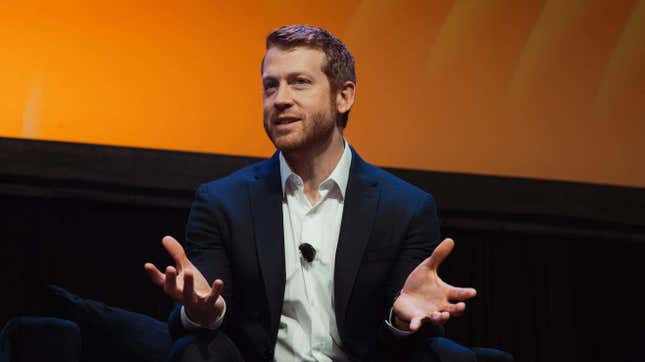
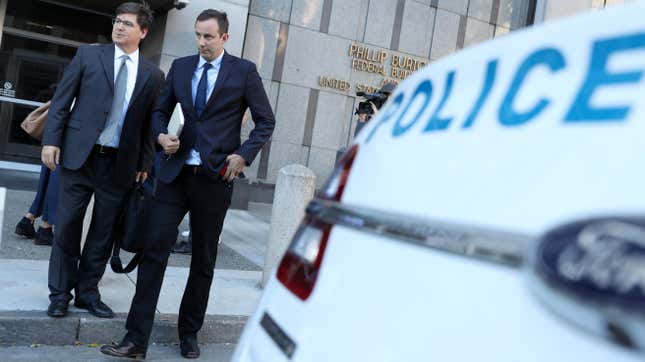
Whatever you believe about the future of AI, there’s probably a cult out there for you. Ideological factions have been drawing lines for years and they each seem to bring pseudoreligious trappings with them. If you believe AI will inevitably kill everyone on the planet you might want to join the MIRI cult. If you believe that AI is dangerous but you and your close personal friends are the only people smart enough to control it, you might fit in with the Effective Altruist cult. And if you think AI is cool and can do no wrong, Effective Accelerationism (e/acc) is probably the cult for you.
Like many cults, these groups don’t refer to themselves as a religion. Disgraced AI engineer Anthony Levandowski is here to fill the void. Before he was sentenced to 18 months in prison for stealing trade secrets from Google (Donald Trump later pardoned him), Levandowski started Way of the Future, the first church of artificial intelligence.
In 2015, Levandowski envisioned the church as a place for “the realization, acceptance, and worship of a Godhead based on Artificial Intelligence (AI) developed through computer hardware and software.” In other words, AI will soon reach the status of a god and we will need a place to worship it.
Following his high-profile legal troubles and subsequent exile from the tech industry, Levandowski shut the church down in 2021. But he Is RISEN.
On Thursday, Bloomberg reported that Way of the Future is back and it has “a couple thousand people” among its congregation. Pope Levandowsky’s message is a little less mystical this time around, he told Bloomberg that his church is a mechanism for people “to understand and participate and shape the public discourse as to how we think technology should be built to improve you.”
Amen.
In October, ElevenLabs announced its new service that’s capable of translating spoken audio between various languages while mimicking the voice of the original speaker in the final output. It’s kind of amazing and thoroughly disorienting. This week, social media users took notice of the tech and started running videos of people like Van Morrison and Norm Macdonald. I have no idea whether the translations are accurate or not but it’s very weird to see in action.






